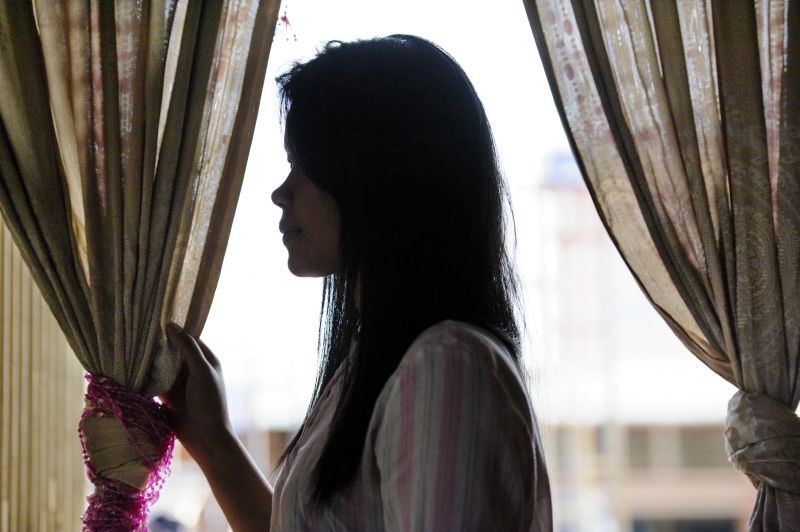World Vision marks UN day against human trafficking
Friday, July 29, 2016

On World Day against Trafficking in Persons, July 30, World Vision Australia chief executive Tim Costello has urged Australians to reflect on the millions of children around the world at risk of trafficking, harm and exploitation.
“There is no crime more vile than human trafficking,” Mr Costello said. “Today our thoughts turn to the millions of people, many of them women and children, who have lost the most fundamental of human freedoms – the right to determine their own fates.”
An estimated 21 million people are trafficked for profit around the world today, for purposes including forced labour, sexual exploitation, domestic servitude, and child soldiers.
They include people like “Beauty” (not her real name), a young woman in Bangladesh - one of many countries where World Vision works with children, families, communities and governments to prevent trafficking, protect survivors and improve anti-trafficking policies.
Born into a large and poor family, “Beauty’s” education came to an end when she was in grade five. At 16, she was married. Her husband sold her to a brothel in Mumbai, India. It was six months before she was rescued and, by then, she was pregnant. She turned to World Vision, which has supported her through a Child Safety Net Project to open a grocery store.
“I have gone through the toughest time of my life,” she told World Vision staff. “Sometimes I cannot express my feelings, but when I see my daughter playing in my yard, I forget the suffering that I have gone through. I will make sure that my daughter will not suffer like me and to do this I will make her educated enough to choose the right person.
“World Vision has supported me when I was badly in need. Now I am earning and not a burden to anyone. My community has also accepted me in a good way because of the advocacy of World Vision. I want World Vision to keep working for girls like me so that they can have a reason to live.”
In a statement to mark this year’s World Day against Trafficking in Persons, the executive director of the United Nations Office on Drugs and Crime, Yury Fedotev, described human trafficking as a parasitic crime that feeds on vulnerability, thrives in times of uncertainty, and profits from inaction. He said human traffickers and migrant smugglers were taking advantage of the biggest refugee crisis since World War II to turn a profit.
You can read more about World Vision’s child rescue program at worldvision.com.au.
For interview with Tim Costello, contact Stuart Rintoul: 0407 241 492
Media Releases,
Bangladesh,
Human trafficking,
Tim Costello
Back to all Results